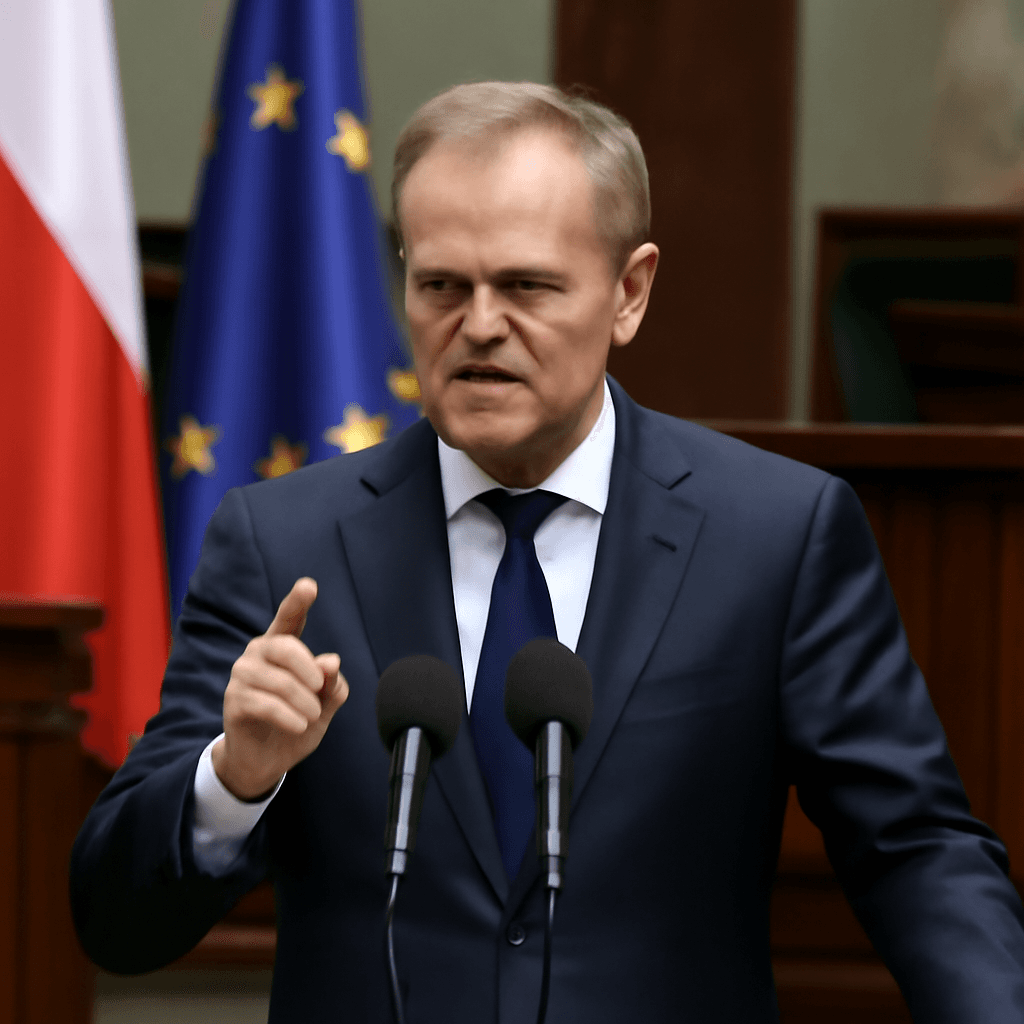Widespread Sentiment of Societal Decline Across Europe
Recent surveys indicate a growing perception among citizens in major European economies that their societies are experiencing significant decline. Over the past four years, public sentiment in Great Britain, Germany, France, and Italy has increasingly shifted toward viewing their social systems as "broken."
Rise in Populism and Anti-Establishment Views
This negative outlook correlates with a sustained increase in populist and anti-establishment sentiments across Europe. Such movements have gained notable electoral traction, exemplified by far-right parties securing significant parliamentary representation. For instance, the far-right party in Germany doubled its vote share to over 20% in recent elections, reflecting a broader trend of political upheaval.
Populist Election Outcomes and Leadership Preferences
- Poland elected a presidency candidate backed by former U.S. leadership in a closely-contested vote.
- Romania’s pro-European Union candidate won the presidency following a runoff against a far-right competitor.
- In the United Kingdom, a majority of respondents favor a "strong leader who breaks the rules" as a solution to societal and economic issues—a sentiment more pronounced than in Germany or the United States.
Economic Disillusionment Fuels Political Discontent
Economic inequality and perceptions of a rigged financial system underpin growing dissatisfaction. Across Europe, large majorities of respondents believe economic conditions disproportionately favor the wealthy. In Great Britain, 72% hold this view, the highest among surveyed nations.
Expert analyses suggest that populist parties are tailoring their messages to appeal to voters disillusioned with mainstream politics, particularly focusing on economic grievances.
Challenges Facing Governments Amid Rising Populism
Governments in Europe face considerable challenges balancing fiscal responsibilities with public demands. For example, Germany’s newly formed coalition has embarked on extensive public investment programs aimed at revitalizing the economy and potentially reducing support for far-right parties. However, in the UK, limited fiscal flexibility constrains government action to improve living standards amidst widespread public dissatisfaction.
Moreover, the implementation of populist policies may prove difficult due to financial constraints, with past trends showing such parties often moderate their platforms upon entering government.
Outlook for Upcoming Elections
France, preparing for presidential elections in 2027, exhibits similar signs of societal frustration, with 65% of participants agreeing society is broken. The political landscape remains complex, with deeply divided governance and legal obstacles affecting far-right leadership candidates, potentially influencing voter perceptions and party strategies.
Conclusion
The growing perception of societal fragmentation across Europe is contributing to widespread political realignments and increasing support for unconventional leadership styles. Economic dissatisfaction remains a core driver, reshaping political discourse and electoral outcomes across the continent.











